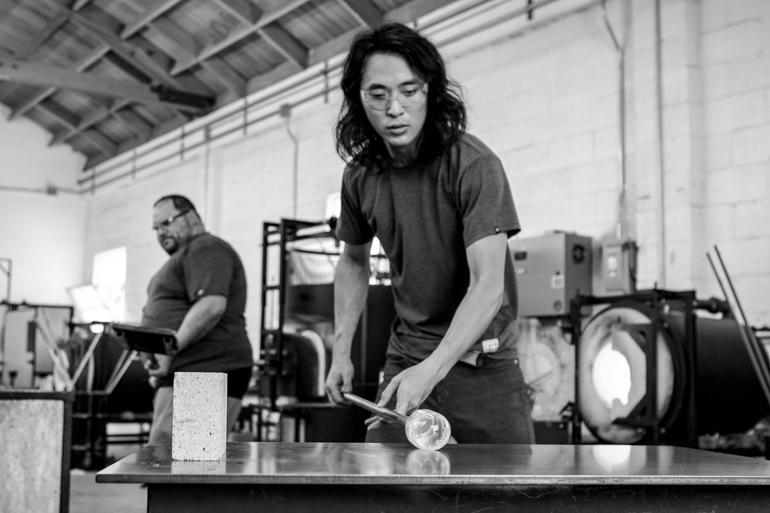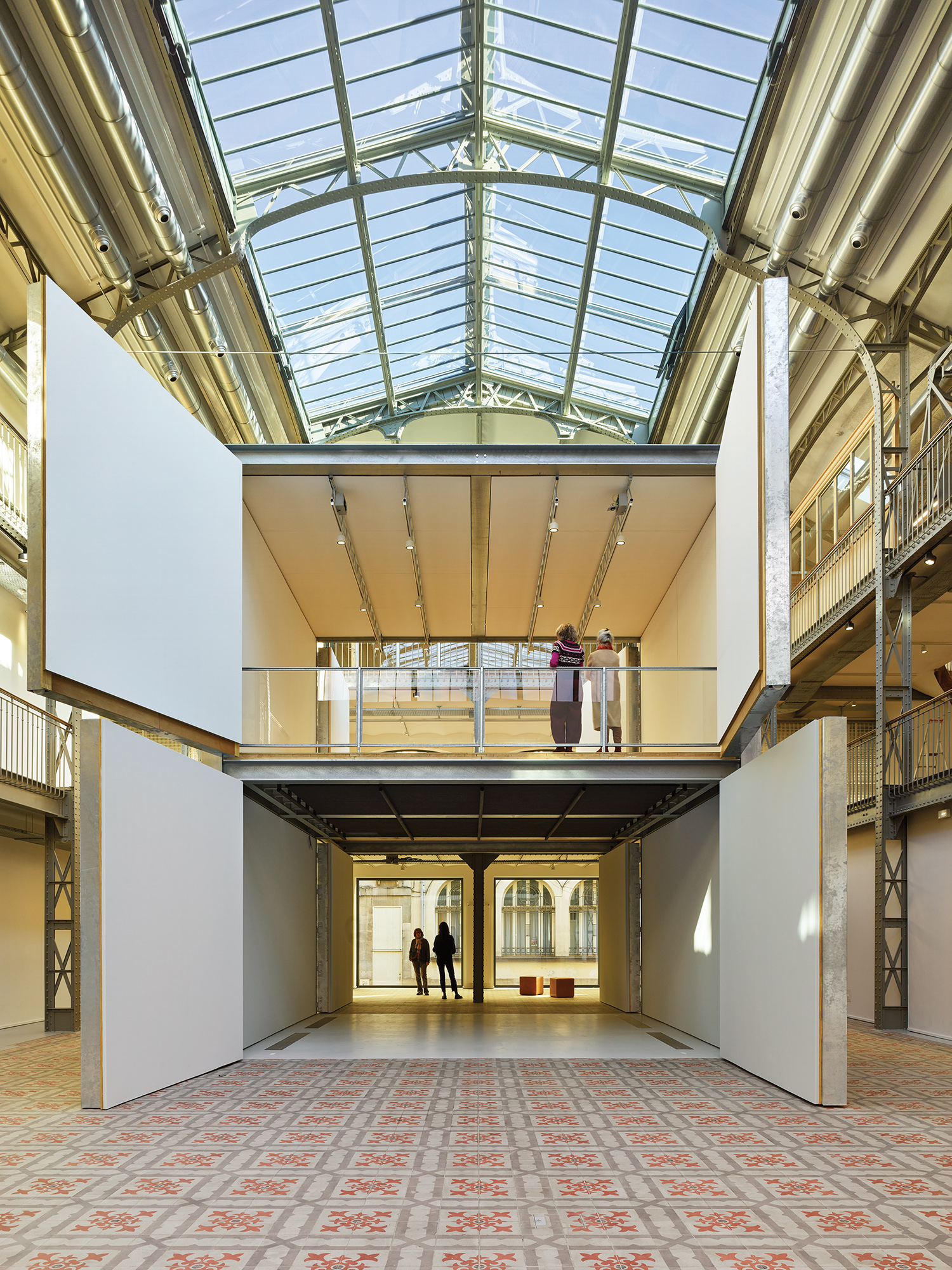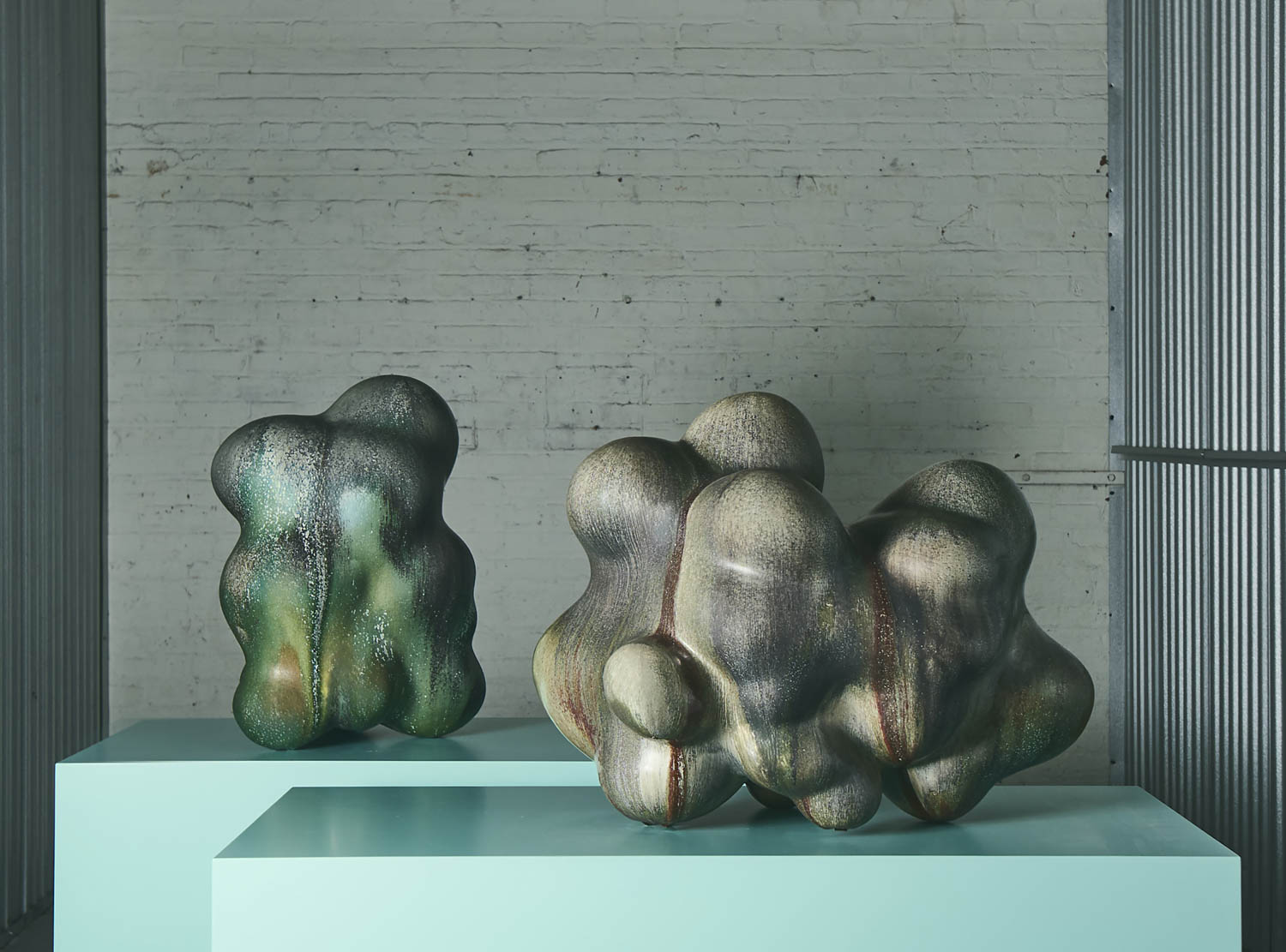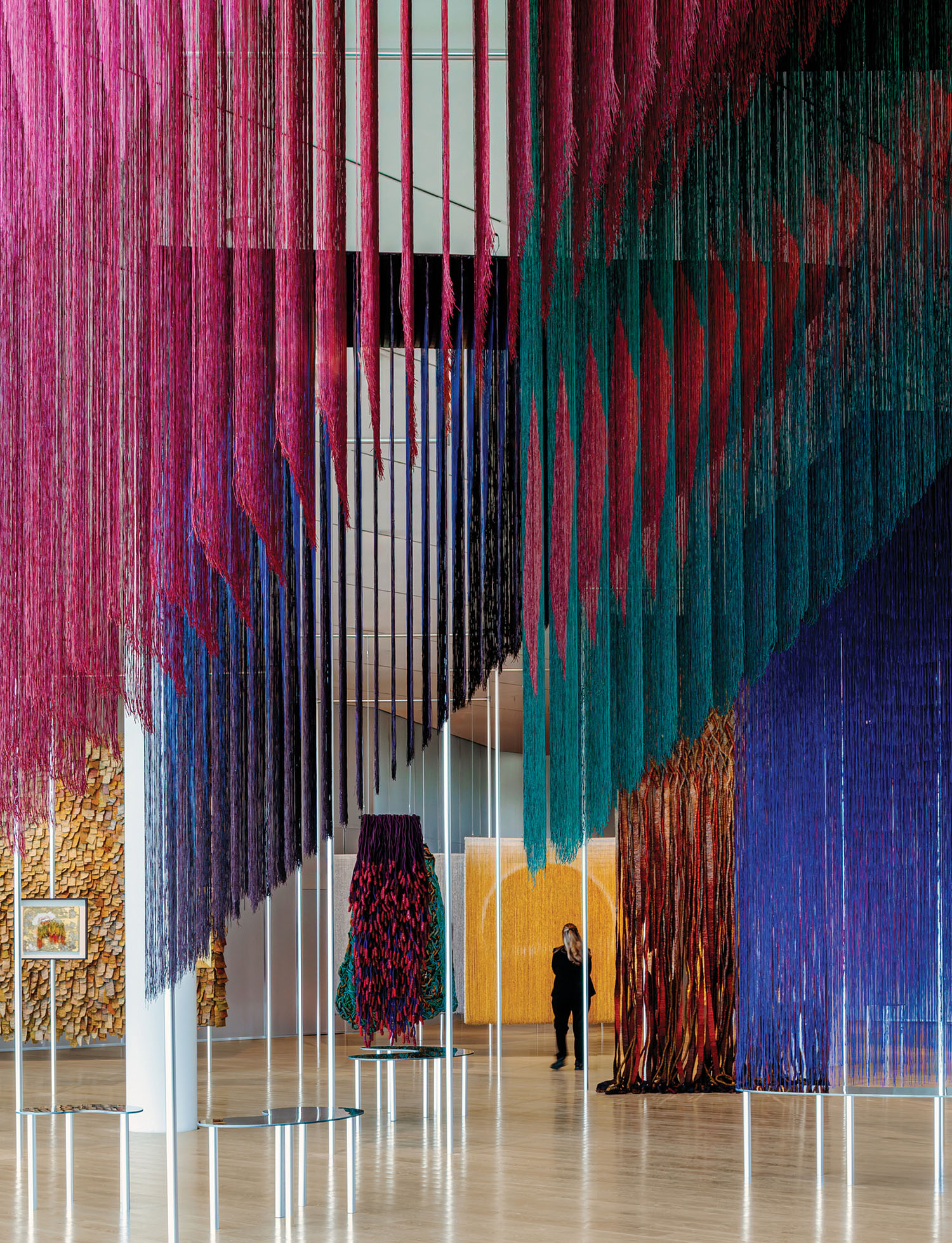Meet the Vermont Nonprofit Helping Artists and Designers Recover from Disaster

The events of 2020 are far from the first bout of uncertainty experienced by many artists and designers. Long before the COVID-19 pandemic, a group of artists formed the Vermont-based nonprofit CERF+ The Artists Safety Net in a grassroots effort to preserve craft traditions. The group, founded in 1985, has since grown into a widely recognized nonprofit providing creatives support and grant money so they can continue to do their work, even in the most dire circumstances.
“We’ve never had a year like this one,” says Cornelia Carey, executive director of CERF+, recalling the earthquakes in Puerto Rico in January, followed by flooding in the midwest, the pandemic, and raging wildfires to name a few pivotal moments. In a typical year, the group distributes around $200,000 in emergency grants, but for the most recent fiscal year ending Sept. 30, it awarded $1.2 million in emergency grants to 780 artists. “This is the biggest response we’ve ever had,” adds Carey.

CERF+, which awarded more than $500,000 in COVID-19 Relief Grants alone to 592 artists across the U.S. this summer, takes a multi-layered approach to helping materials-based artists, including furniture designers and ceramicists, prepare for emergencies and recover from unforeseeable situations. The group offers education and training services, advocacy and research initiatives, emergency readiness and relief, as well as career protection tools, such as workshops ranging from financial management to self-care practices. “We provide a safety net for artists in craft disciplines,” says Carey, adding that the organization expanded its support efforts following Hurricane Katrina in 2005 when many artists lost work and materials to flooding. With a more robust website in place, the group now is able to host workshops and talks on topics such as: how to have a safe studio practice; how to work remotely from a studio; and how to store portfolio materials in an off-sight locale.

CERF+ also helps artists navigate policy and government regulations, such as FEMA support. “We’re here to help and we’re focusing on artists we feel contribute so much to the lives in our community,” says Carey. Now CERF+ is hoping to raise enough funds to award a third cycle of COVID-19 Relief Grants in January. For the two previous cycles, the group received more than 1,000 applications each time from artists experiencing housing, food, or health insecurities. But CERF+ cannot provide assistance on its own—the group depends on community support and funding to ensure those most vulnerable can continue to create and thrive in tough times, and is currently seeking donations for its next round of COVID-19 grants.
To learn more about CERF+ or donate, go here.


